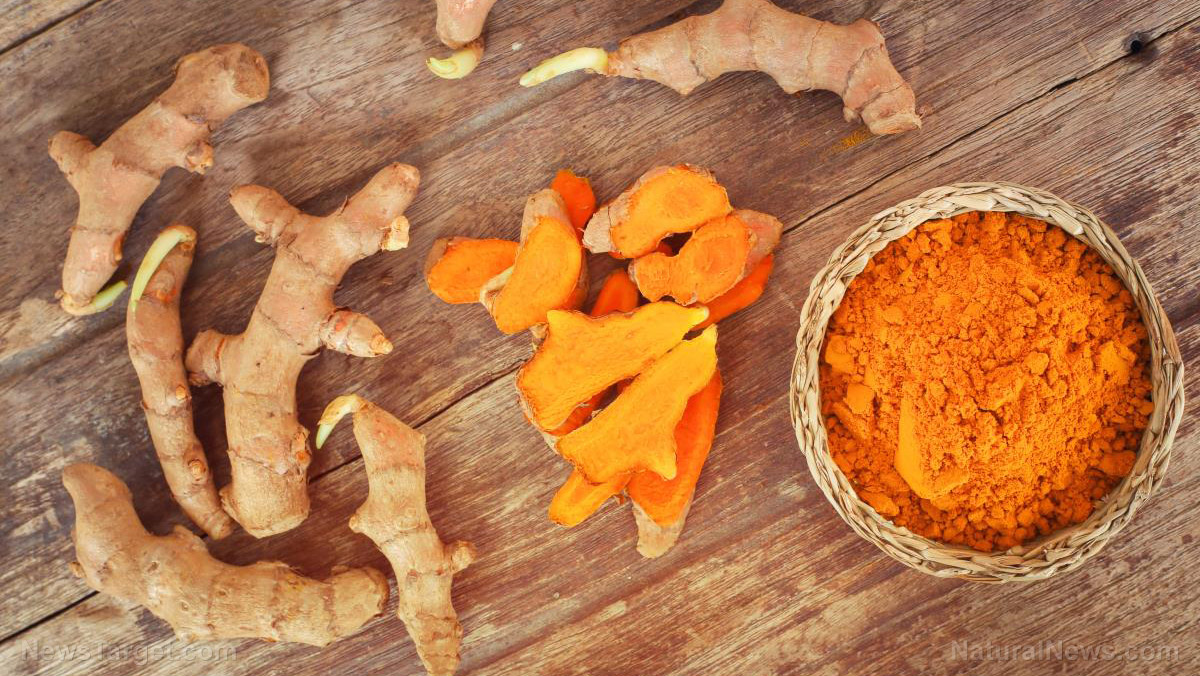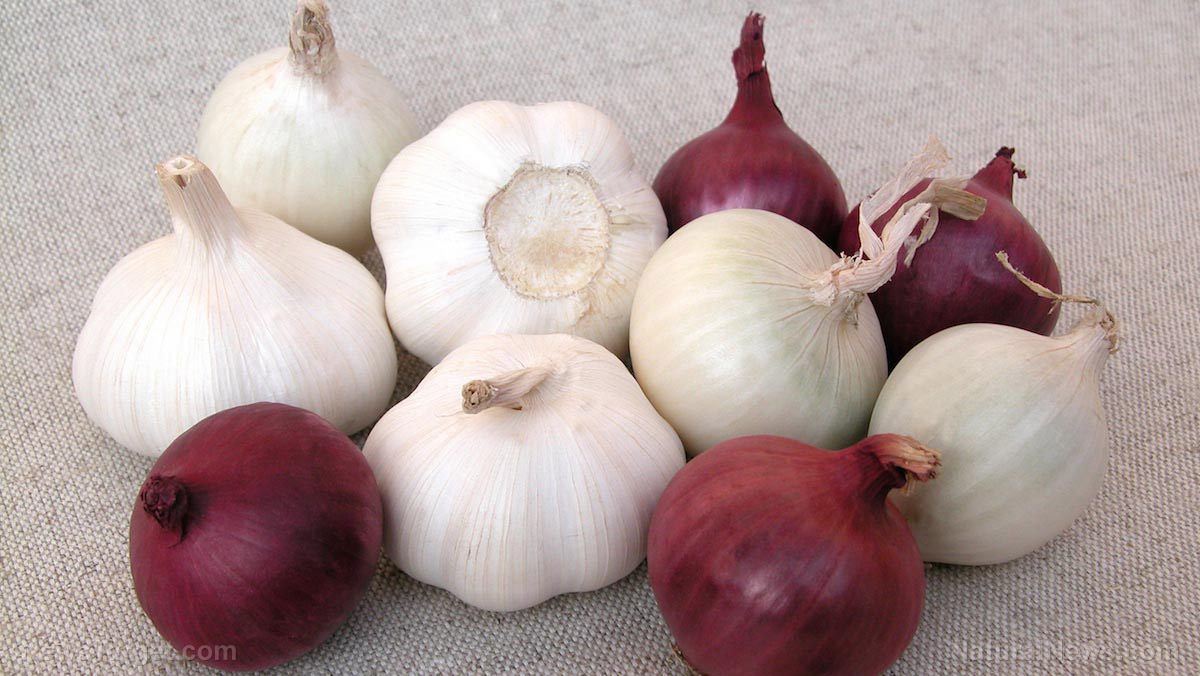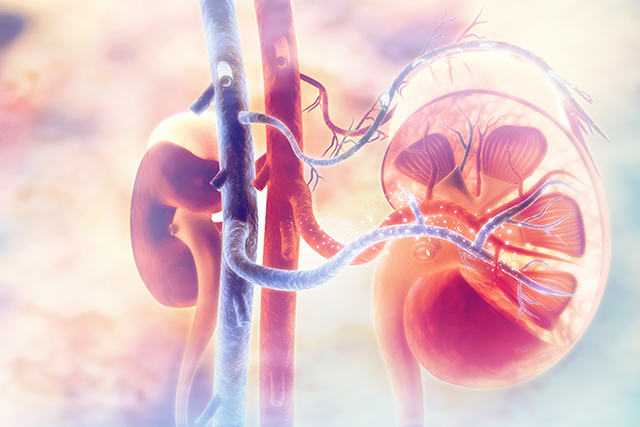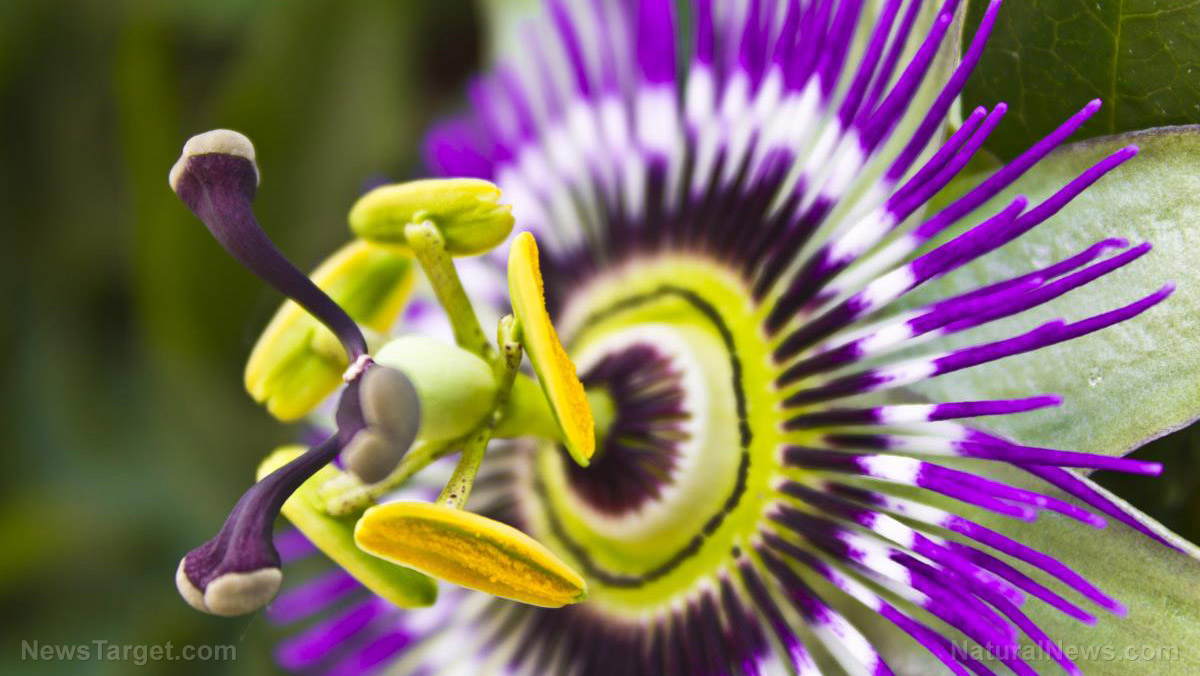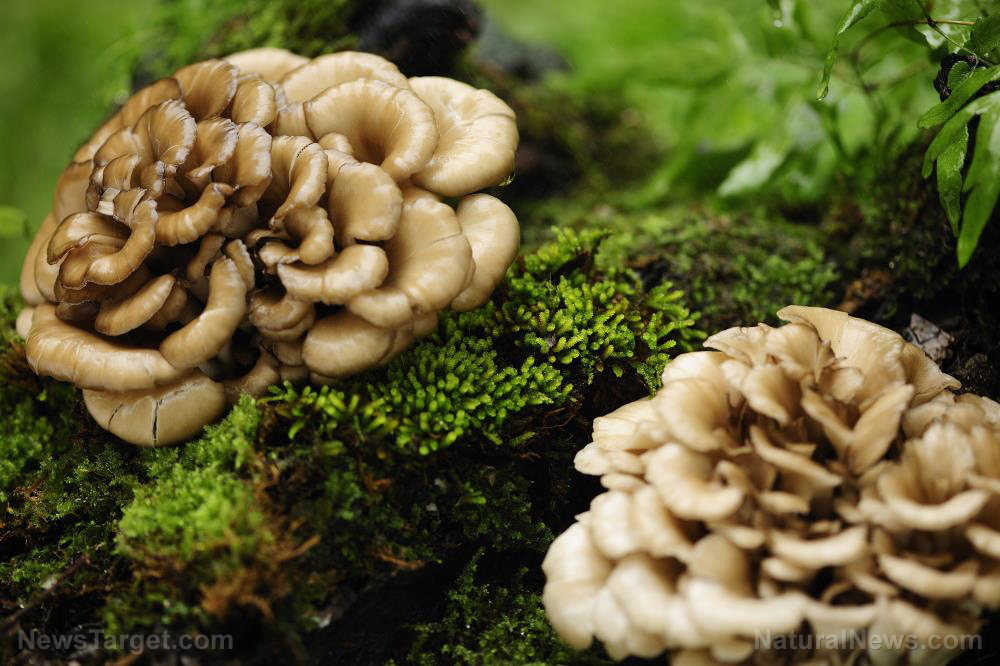Oral CBD found to reduce the severity of PTSD symptoms
07/24/2020 / By Evangelyn Rodriguez
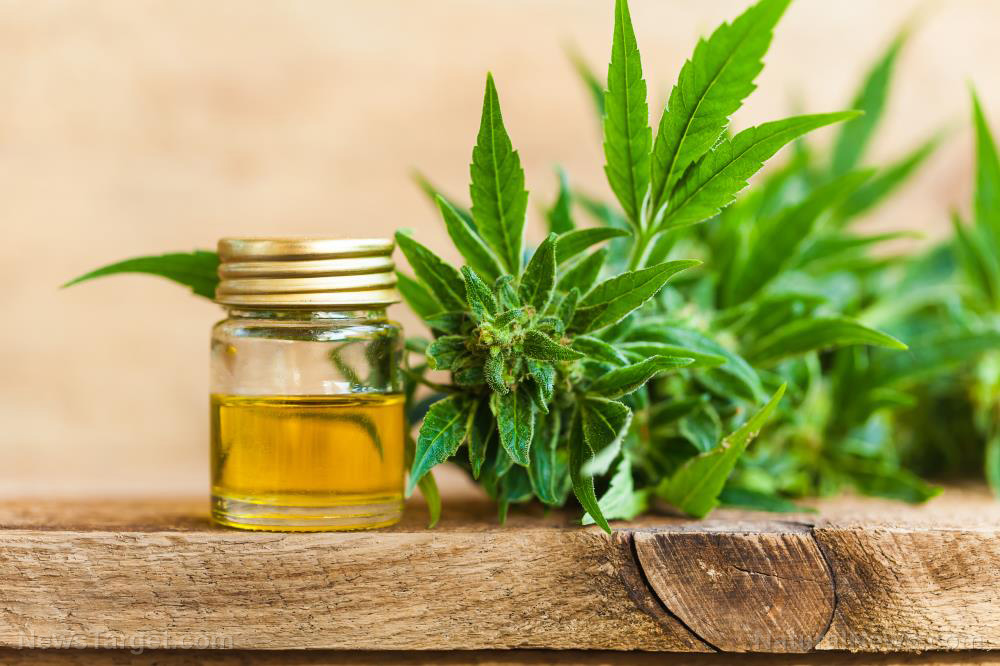
A recent study by American researchers found that oral cannabidiol (CBD) offers significant clinical benefits for patients with post-traumatic stress disorder (PTSD). PTSD is a mental health condition caused by a traumatic event, such as a serious accident, a natural disaster, war or combat, or violent physical assault.
For their study, the researchers examined the effect of oral CBD administration on PTSD symptoms in 11 adult patients at an outpatient psychiatry clinic. They reported their findings in an article published in The Journal of Alternative and Complementary Medicine.
PTSD and the endocannabinoid system
Previously known as “shell shock” or “combat fatigue,” PTSD can affect many people – regardless of their age, ethnicity, nationality or culture. However, it is commonly seen in military veterans who have directly served in combat.
PTSD symptoms are especially problematic. Because of their nature, they affect an individual’s ability to socialize, work or build relationships with other people. PTSD symptoms are classified into four types: intrusive memories, avoidance, negative changes in mood and thinking, and changes in physical and emotional responses.
Despite PTSD being a common psychiatric condition, scientists have yet to identify the physiological processes involved in it. One widely accepted hypothesis suggests that PTSD is linked to dysregulated memory retrieval and impaired extinction of aversive memories.
Since the latter involves the endocannabinoid system, scientists believe that influencing the activity of cannabinoid receptors, which help regulate pain sensation, appetite, mood and memory, can help with the management of PTSD symptoms.
Oral CBD reduces the severity of PTSD symptoms
Cannabidiol (CBD) is a non-psychotomimetic cannabinoid found in plants that belong to the genus Cannabis. Because of its various activities in the brain, CBD is said to have neuroprotective, antidepressive and anxiolytic effects.
CBD has a weak affinity for cannabinoid receptors. Despite this, studies show that CBD can still activate CB1 receptors – which are involved in regulating sensory perception, memory and cognitive function – by increasing the availability of endocannabinoids.
Preclinical studies also demonstrate the beneficial effects of CBD in rodent models of PTSD. Because of these preliminary results, scientists have recently begun investigating CBD and its potential use in the treatment of several neuropsychiatric conditions. (Related: Can hemp extract with CBD boost your overall health and reduce stress levels?)
For their study, the researchers recruited 11 adult patients with PTSD. These participants received flexible doses of CBD together with routine psychiatric care, psychiatric medications and psychotherapy.
The researchers assessed PTSD symptom severity every four weeks using a patient-completed PTSD Checklist for the DSM-5 (PCL-5) questionnaires.
At the end of the study, the researchers reported that 91 percent of the patients experienced a decrease in PTSD symptom severity. This was evidenced by a lower PCL-5 score at Week 8 compared with baseline.
From the data they gathered, the researchers calculated the mean total PCL-5 score reduction to be 28 percent (from 51.82 at baseline to 37.14) after eight weeks of CBD treatment.
CBD also appeared to offer relief from frequent nightmares in a subset of patients. Upsetting dreams or nightmares about a traumatic event are part of intrusive memory symptoms.
Besides causing significant improvements, CBD was well-tolerated by the patients, and none of them discontinued treatment because of any adverse effects.
Based on these findings, the researchers concluded that oral CBD helps reduce the severity of PTSD symptoms and should be added to routine psychiatric care.
Sources include:
Tagged Under: alternative medicine, brain function, cannabidiol, cannabis, endocannabinoid system, hemp science, Mental Disorders, mental health, natural cures, natural medicine, phytonutrients, post traumatic stress disorder, PTSD, remedies, research
RECENT NEWS & ARTICLES
COPYRIGHT © 2017 ALTERNATIVE MEDICINE NEWS



